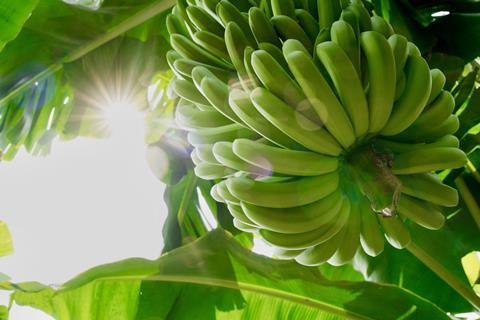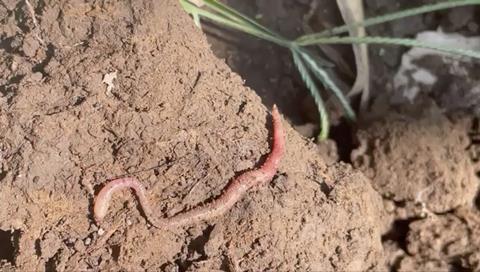The initiative, in partnership with WWF and Earth University, aims to “lay the groundwork for healthier soils, more resilient ecosystems and a more sustainable global food system”

Florida-based One Banana, a family-owned producer of high quality bananas on its farms in Guatemala, Peru and Ecuador, has announced the launch of its Regenerative Agriculture Pilot Project, developed with technical support from Earth University in Costa Rica and the World Wildlife Fund (WWF).
This initiative is designed to “study, implement and validate regenerative farming practices tailored for tropical crops, laying the groundwork for healthier soils, more resilient ecosystems and a more sustainable global food system”, according to the company.
It forms part of PlanetA, One Banana’s corporate sustainability strategy. “This pilot project brings together the scientific research, field expertise and productivity knowledge of our strategic partnership with WWF, Earth University and One Banana,” said Rob Adams, president of One Banana. “Together, we’re validating and scaling regenerative practices that protect soils, biodiversity and natural resources to build a healthier, more resilient agricultural model. We’re committed to sharing our insights so these benefits can extend across the entire food system.”
The company said it had made significant progress in soil regeneration in recent years by “incorporating organic matter and applying natural alternatives as soil amendments” across more than 3,500ha of banana plantations.
“These by-products serve as a natural source of potassium, nitrogen and other essential nutrients, significantly reducing the need for synthetic fertilisers,” One Banana stated. “As a result, crops have developed healthier root systems, and soils exhibit increased biological activity, improved structure and enhanced microbiological diversity.”
The pilot project will reportedly focus on: studying the environmental and agronomic impacts of regenerative practices; testing and validating field techniques adapted to tropical crop systems; and scaling the most effective practices within One Banana’s operations.
“This collaboration between Earth University, WWF and One Banana brings together academic excellence, scientific expertise and field-based implementation,” the company said.
“Regenerative agriculture is central to WWF’s global vision for food systems that protect nature, sustain livelihoods and nourish a growing population, said Mauricio Mejía, senior food production officer at WWF Mesoamerica. “By working alongside producers like One Banana, we can help scale solutions that restore soil health, enhance biodiversity and improve climate resilience, while supporting farmers and communities. This pilot reflects a shared commitment to building a future where agriculture is part of the solution to the world’s greatest environmental challenges.”
“At Earth University, science-based collaboration and education are the cornerstones of our commitment to sustainable agriculture,” said Yanine Chan, dean and vice-president of academic affairs at Earth University. “By merging scientific research with hands-on, community-centred learning, we empower future leaders to innovate and implement agricultural practices that are not only productive but also ecologically sound and socially responsible.”
“By working together, this pilot project aims to generate practical insights that can strengthen One Banana’s operations while contributing to a broader shift in the agricultural sector,” One Banana stated. “The ultimate goal is to develop and share proven regenerative practices that help build more resilient, productive and sustainable food systems – while placing both people and the planet at the centre of agricultural transformation.”

“Laying the groundwork for healthier soils”



